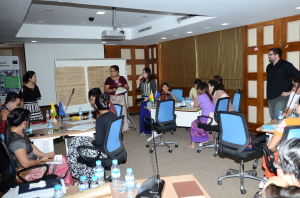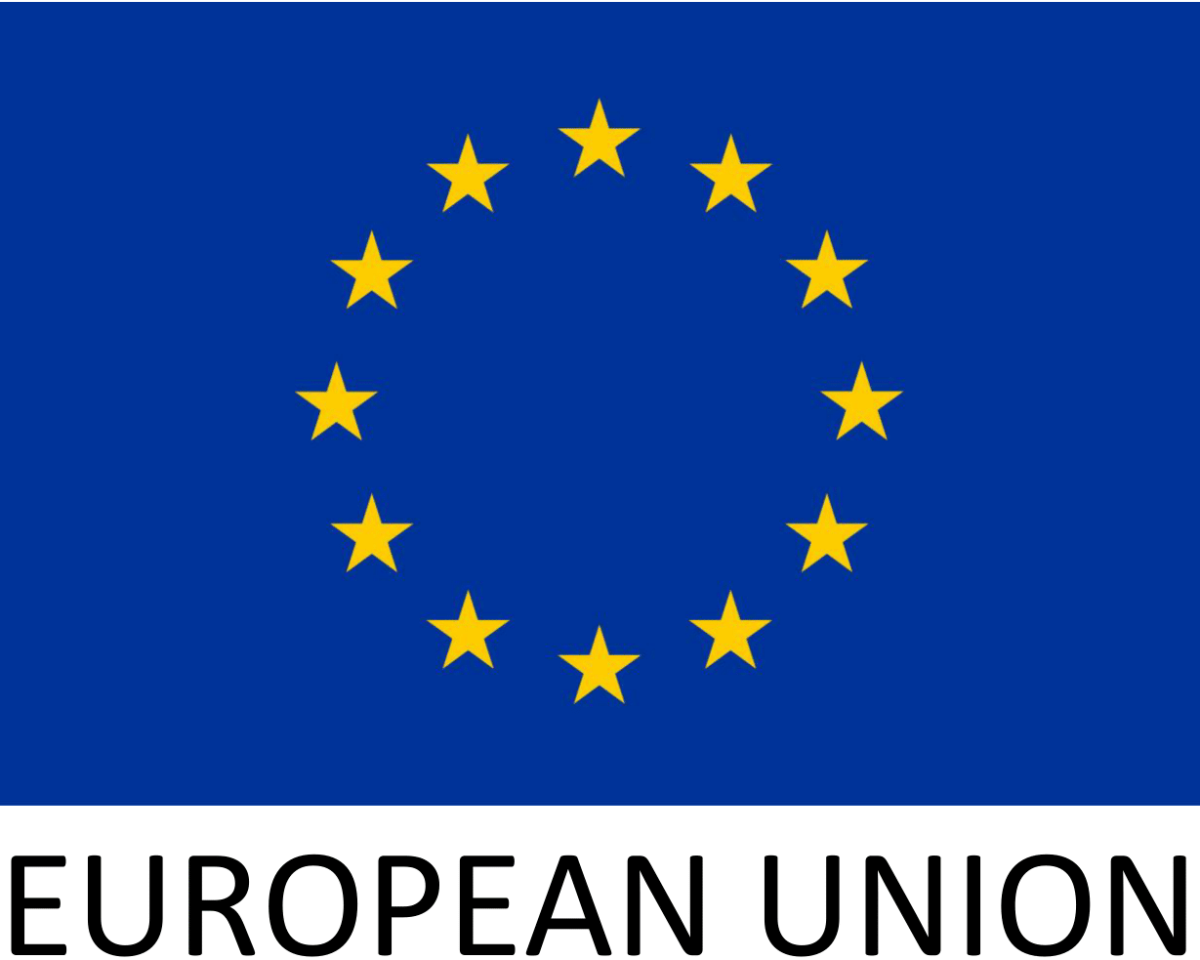 Smart Myanmar promotes social compliance by supporting garment factories in their efforts to establish sustainable company policies for good workplace conditions.
Smart Myanmar promotes social compliance by supporting garment factories in their efforts to establish sustainable company policies for good workplace conditions.
To comply with international social standards is profitable for Myanmar garment factories! This is, in a nutshell, the idea behind the newly launched Social Compliance Advisory and Training package conducted by SMART Myanmar – an EU funded project called “SMEs for Environmental, Accountability, Responsibility and Transparency.” The compliance training package is designed to increase the compliance level of Myanmar garment factories with international social and environmental standards, thus increasing the competitiveness and chances of Myanmar garment factories to access to EU markets. The training is implemented together with the Myanmar Garment Manufacturers Association (MGMA).
The training package was launched 29 September 2014 and will continue until February 2015, comprising of group training sessions, in-factory consultancies and a final workshop for the interested public to present the experiences gained by the factories. SMART Myanmar has established a group of 10 Myanmar Garment Manufacturers and selected them as showcases to make them ready to comply with the standards of European market. The selection process was based on the orientation towards EU market and the interest to improve social compliance within the factories and a home assignment. The training package aims at improving the working conditions in the Myanmar factories, thereby increasing the productivity and product quality. Technical expertise is provided by sequa g GmbH from Germany.
U Min Gaung Oo, owner of Myanmar Synergy, said "This training is very relevant for me. So far, I have studied guidelines on social compliance by myself. Now, after the first training I feel much more confident to ahead to improve our compliance level together with my newly established social compliance team.
Simone Lehmann of sequa g GmbH Germany said; “SMART Myanmar’s training package is in support of Myanmars’ labour and OHS policies. Demand to be compliant exists from factory side because international brands start their external audit procedures. The training raises awareness on social compliance, increases the knowledge on international standards (such as SA8000, BSCI code etc). Talking about the benefits of decent workplace conditions, addressing typical problems and facilitate pragmatic approaches to solve them will contribute to the development and implementation of business internal policies to improve working conditions for the Myanmar workers in a sustainable manner.”
Khine Khine New of MGMA said; “The garment sector is important in Myanmar. The growth of the garment sector will contribute to the growth of the industrial sector and the birth of local entrepreneurs. The compliance with social standards is a precondition for sustainable production of garments “Made in Myanmar” and will increase the international competitiveness of Myanmar SMEs.”










